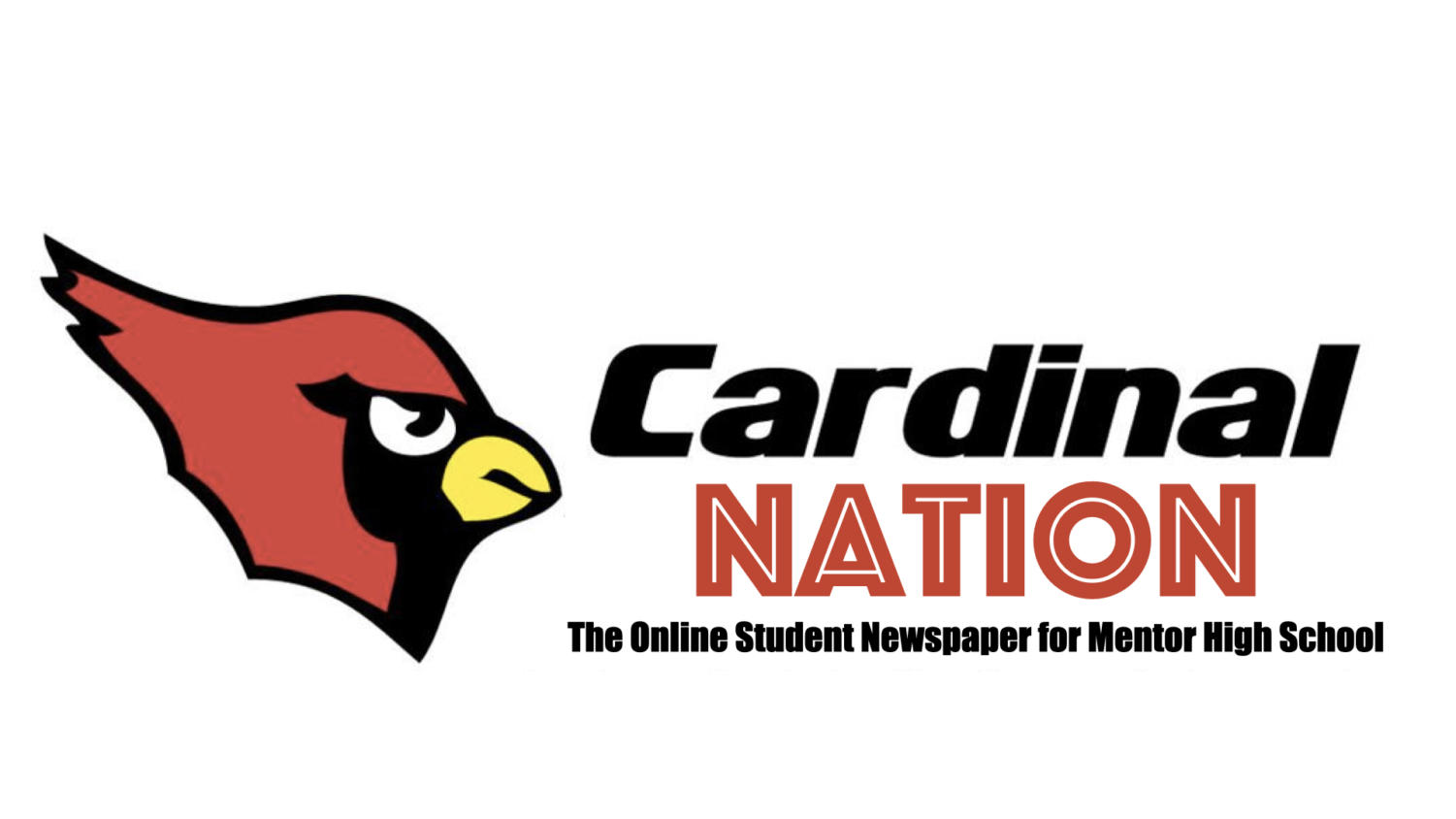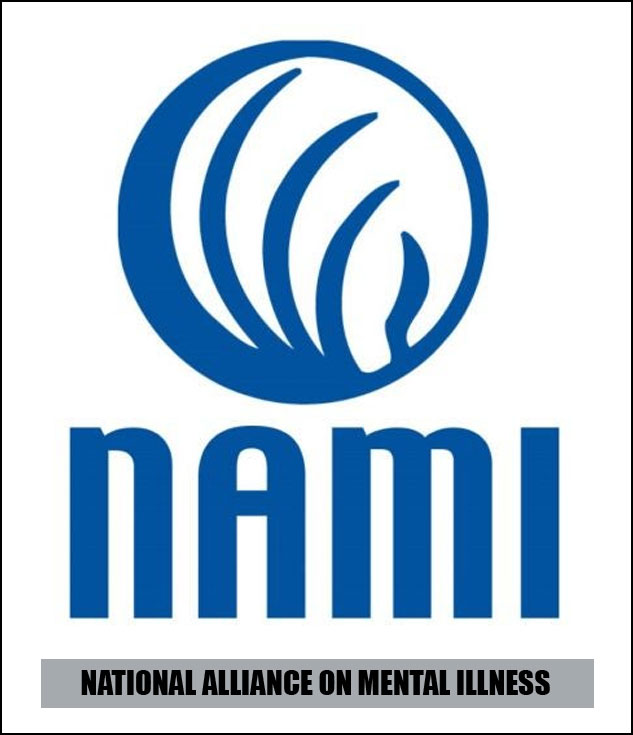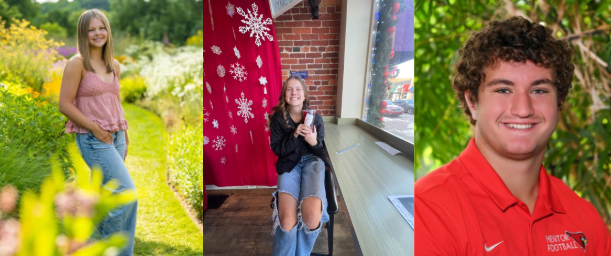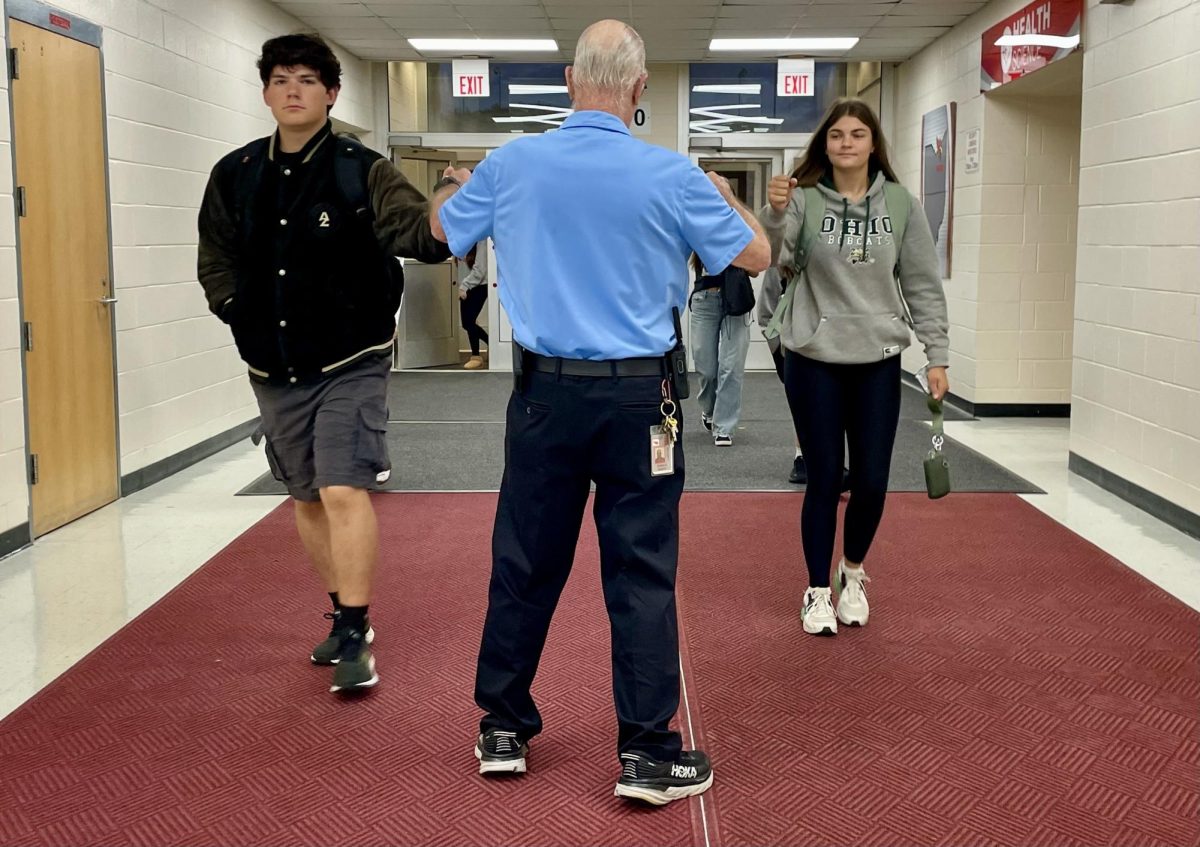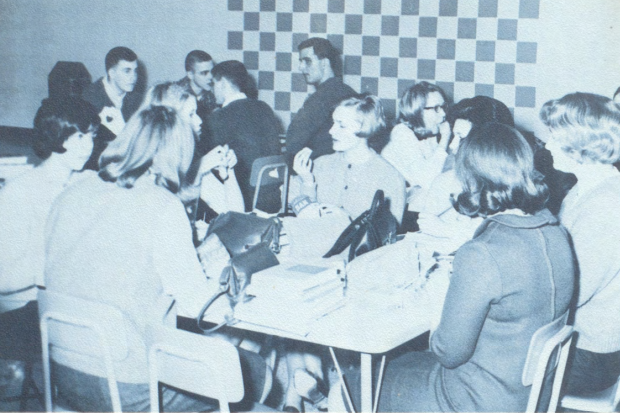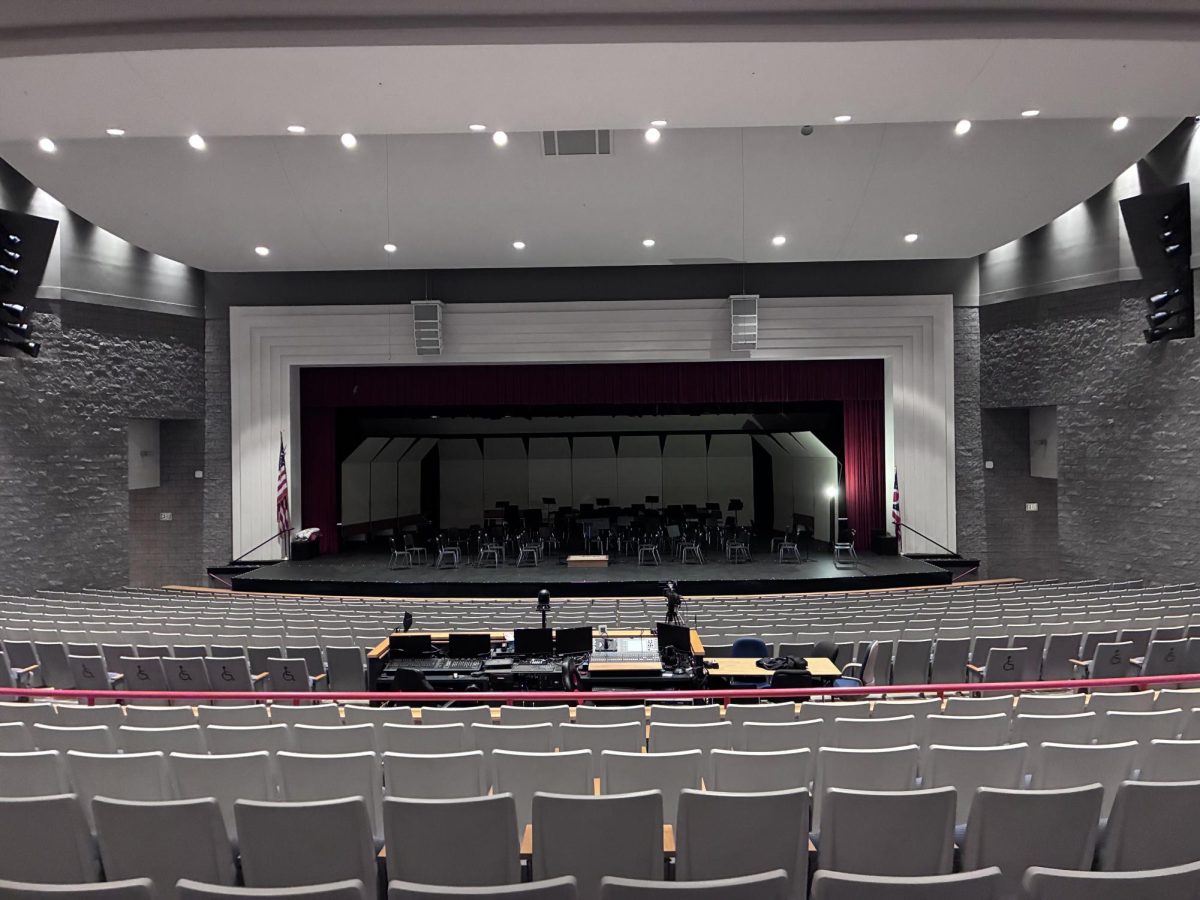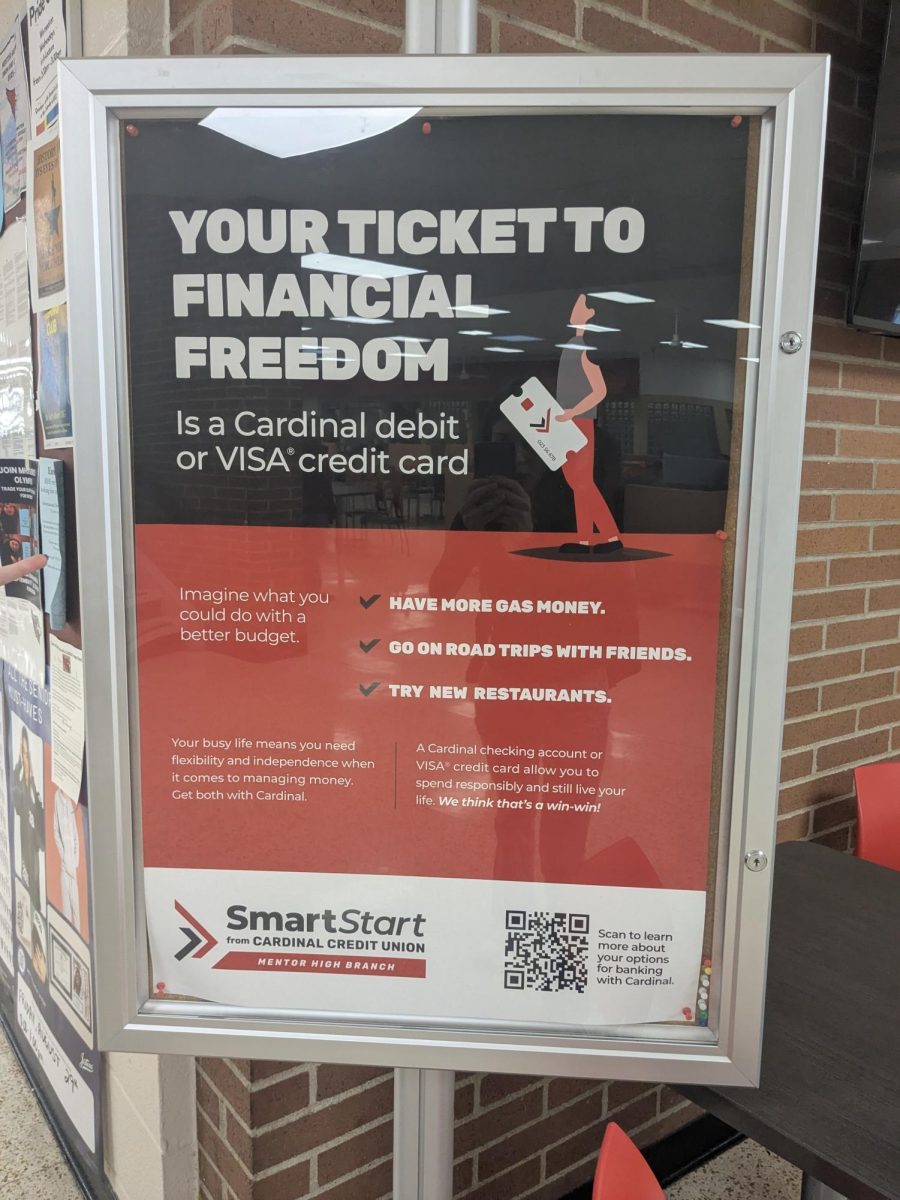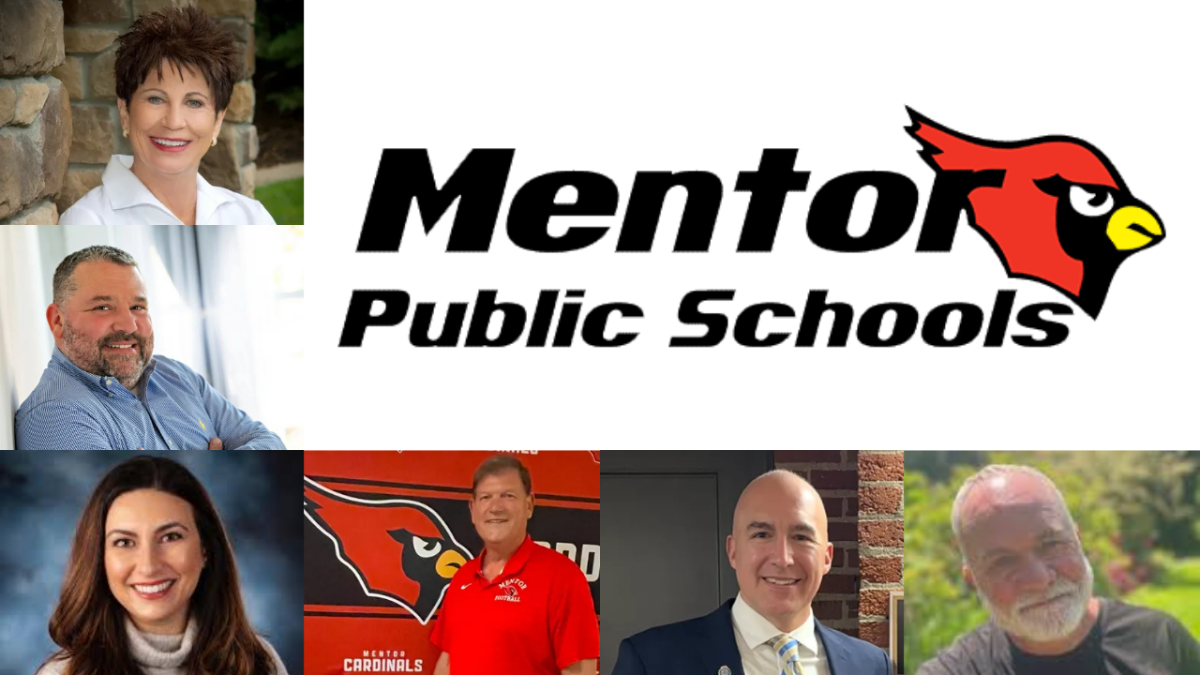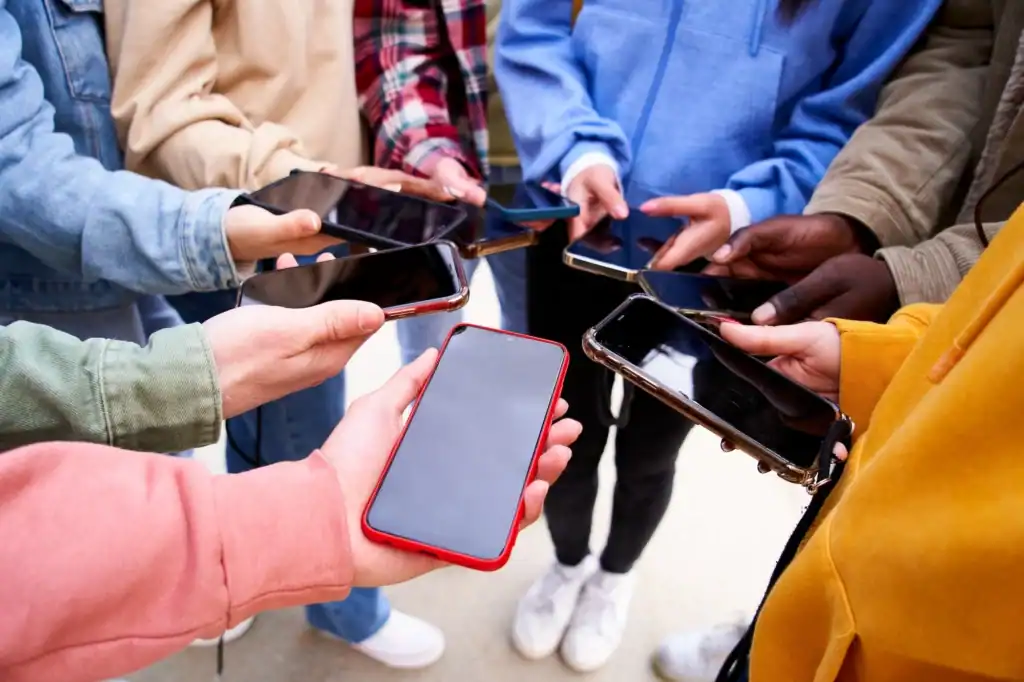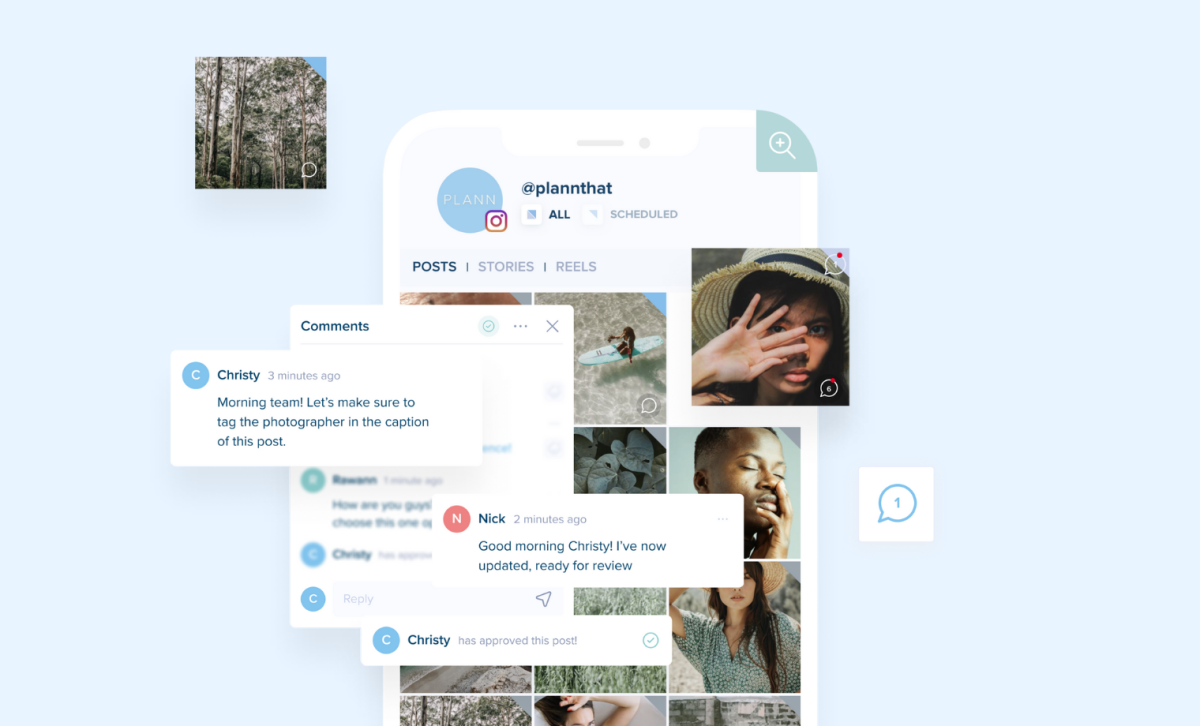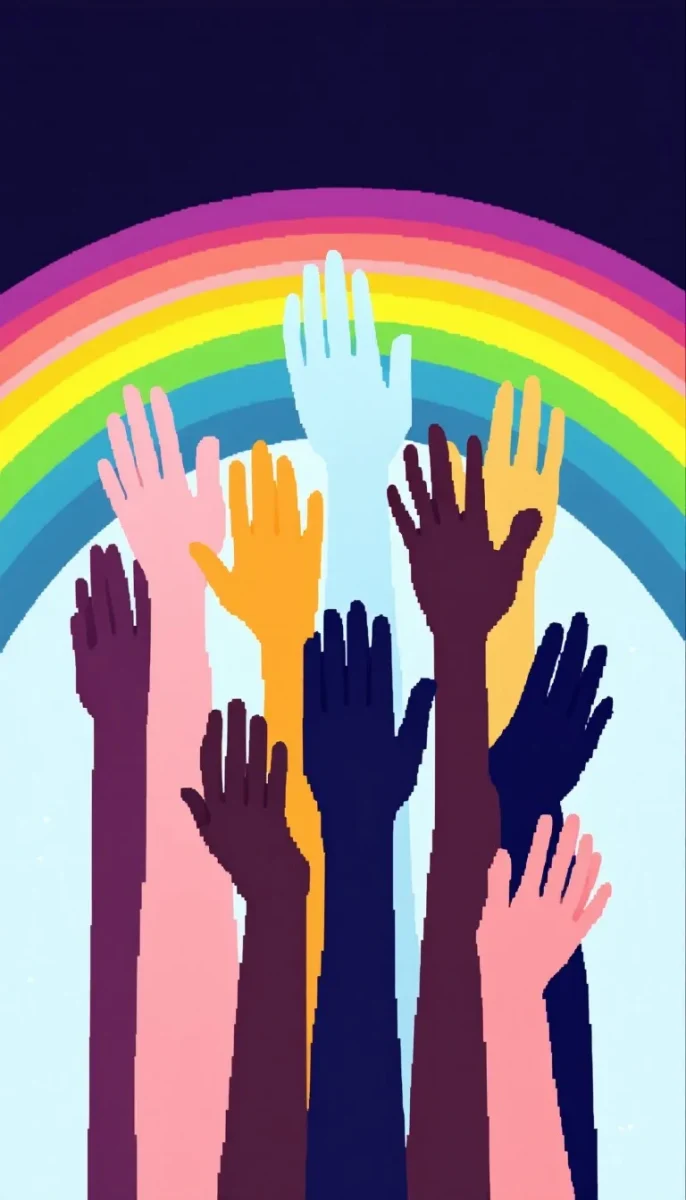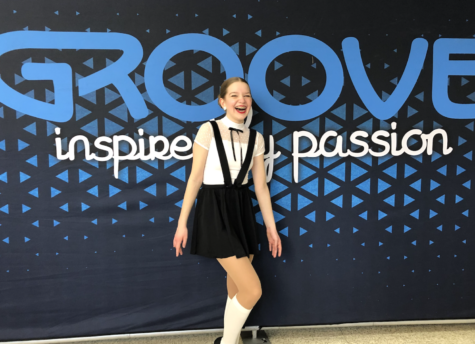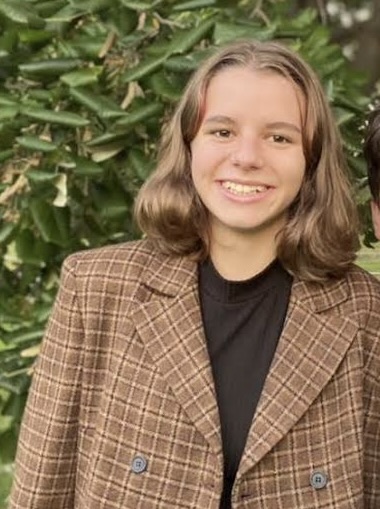You may have heard about NAMI coming in next week to present about mental health, but what is NAMI?
NAMI stands for the National Alliance on Mental Illness, and they are the largest grassroots mental health organization in the country. NAMI strives to bring awareness to mental health issues and support those with mental illnesses and their families.
According to the “What We Do” section on the NAMI website, NAMI works to educate, support, advocate, listen, and lead to a future where those with mental illnesses feel cared for and supported towards living a fulfilling life.
NAMI also has handouts for students that they share at their presentations, one of them being the “How To Help a Friend” handout. It provides information to students for guidance if a peer, friend, or family member is struggling with their mental health.
We asked the Mentor Resilient Teen (MRT) staff – who share the same mission – a few questions about the upcoming NAMI presentations and the mental health resources we have at Mentor High. This is what they had to say:
Cardinal Nation: Have you worked with NAMI before?
MRT: No, but the presentations they share at Mentor High School are powerful.
Cardinal Nation: Can you speak to the reason we’re having these presentations?
MRT: NAMI comes to Mentor High School to make the school aware of community resources that are available for themselves and others if there is a concern.
Cardinal Nation: What can students expect from the upcoming NAMI presentations?
MRT: In the past, the NAMI presentations have been very powerful in terms of stories shared, topics addressed, and promoting the overall mission of healthy mental health in our daily lives. The presentations are empowering in the sense that resources are available in our community, we are never alone, and encourages us to look after ourselves and others. Hopefully, students leave the presentation feeling motivated that they can live their best life and overcome obstacles despite whatever challenges they are currently facing.
Cardinal Nation: What mental health resources do we have at MHS?
MRT: Guidance counselors are always available to students that need support. At Mentor High School, we offer several school-based providers from Crossroads Health that are always available if someone is struggling. MRT at MHS is located in the upper A wing main hallway and all students are welcome. For ongoing MRT services, a referral from your guidance counselor and consent from a parent is necessary for treatment.
Cardinal Nation: How can we as a school (or we as students) work to reduce stigma around mental health?
MRT: The biggest thing we can all do is to utilize healthy mental health practices in our own lives. What brings us joy? What healthy coping strategies can we use when we are feeling sad or anxious. Healthy coping strategies include: Spending time with a pet, getting enough sleep, eating healthy food, regular exercise, reaching out to a supportive person. Being present for others during our difficult time can allow others to know that it is okay not to be okay. At school, utilizing MRT services, participating in mental health awareness weeks, and engaging in classroom lessons surrounding mental health topics show that mental health is just as important as physical health.
Cardinal Nation: What should you do if you’re worried about the mental health of someone you know? How can you support them?
MRT: It is important to let your friend or family member know that you care about them and only want the best for them. You can be a supportive presence in their life. You can also talk to your friend or family member about community based mental health resources. For example, Crossroads Health offers school-based, outpatient, and psychiatry services for both our adolescent and adult locations. Reaching out for help is a sign of strength and not weakness!
Cardinal Nation: What would you say to someone who’s struggling but scared to reach out?
MRT: The first step is always the hardest! MRT at Mentor High can help link students to community resources that best address their issues. Confidentiality in MRT as well as in any counseling environment is held to the highest degree. A counselor is a mandated reporter though in situations where a client may be a danger to themselves or others as well as if a client is in a situation that is unsafe for them.
Cardinal Nation: Are there any other comments that you’d like to make about NAMI or MRT?
MRT: MRT stands for Mentor Resilient Teen. We are an office of several school-based providers from Crossroads Health that have the same mission of wanting to help students. We help students learn healthy coping strategies for academic frustrations, stress, family and friend issues, anxiety/depression. We are here to advocate for students in the community and school settings!
If you or someone you know is in need of immediate help, please reference these resources.
To reach the Lake County Crisis Services, call 440-953-8255.
For the Crisis Text Line, text 4hope to 741 741.
